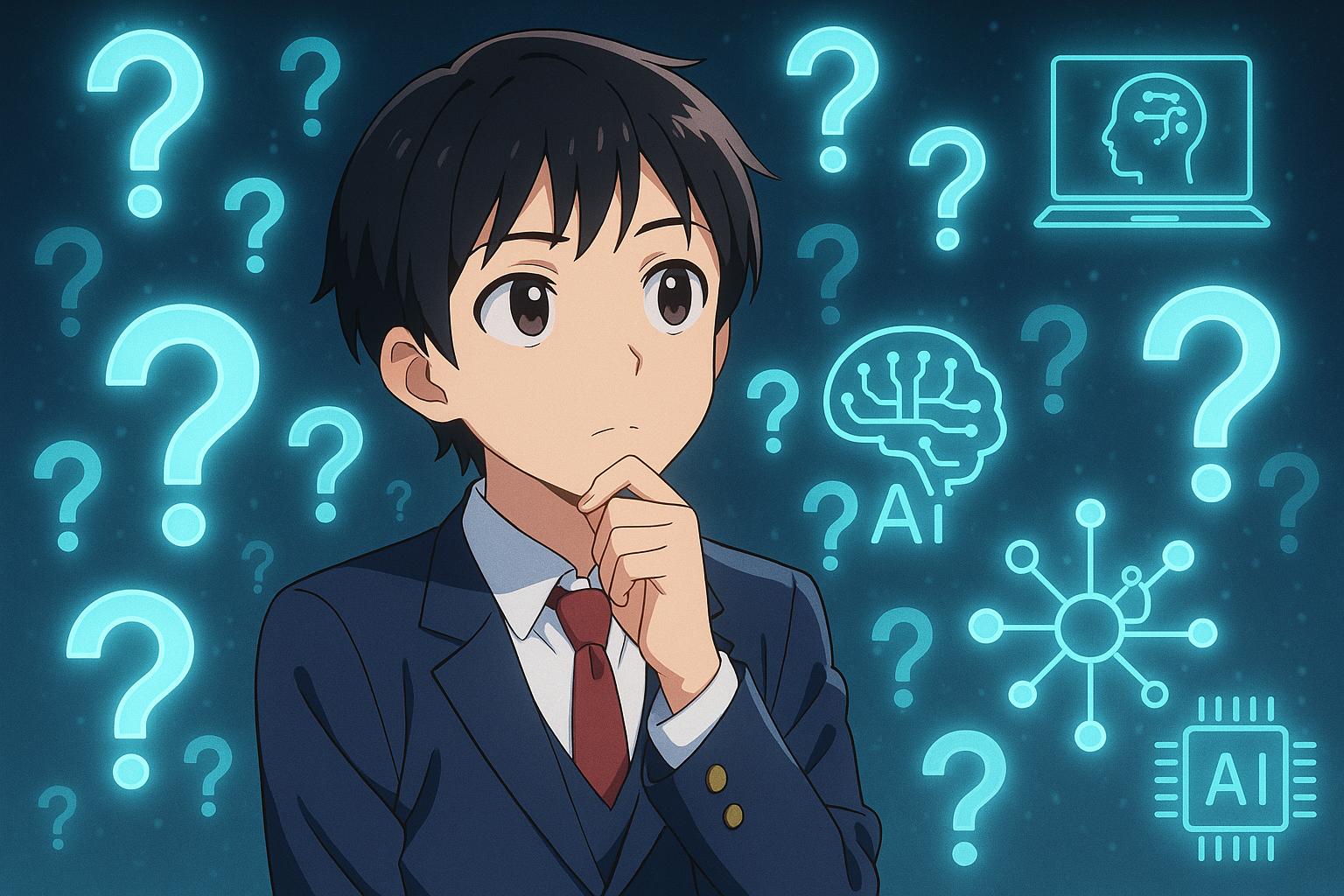In an age increasingly dominated by artificial intelligence, the landscape of education is witnessing a transformative shift. Traditionally, learning revolved around the memorisation of facts and the mere pursuit of answers. However, as AI technologies become ubiquitous—facilitating instantaneous access to vast reservoirs of information—the imperative for future generations is evolving. The pressing challenge is no longer simply to find answers but to ask the right questions, an endeavour that necessitates a fundamental rethinking of educational paradigms.
At the heart of this transformation is the recognition that knowledge has become less about rote memorisation and more about critical evaluation and innovative inquiry. Educational tools such as ChatGPT and Google’s Bard exemplify this trend, highlighting a pivotal change: the value of discernment in engaging with information sources. Educators are now called to focus on teaching students not what to think but how to think. This approach will cultivate inquisitive thinkers who are not just passive receivers of information but are equipped to explore, question, and critically assess the knowledge available to them.
Asking the right questions fosters a range of skills including problem-solving, creativity, and innovative thinking. History has shown us that profound advancements often emerge not from answers but from the questions themselves. For instance, the evolution of concepts like the internet stemmed from crucial inquiries into connectivity and information sharing. Einstein’s exploration of relativity began with a thought-provoking question regarding the speed of light. This highlights the necessity to encourage children to formulate precise and expansive questions, enabling them to unlock the full potential of AI as a powerful learning tool rather than a crutch for information retrieval.
To instil this art of inquiry, educators must integrate inquiry-based learning strategies that promote curiosity and critical thinking. Techniques like the Socratic method encourage students to delve deeper into subjects, challenging assumptions and enhancing reasoning skills. For example, rather than simply asking about the concept of climate change, educators could provoke students to explore, “How might human activities influence climate patterns, and what solutions might we find?”
Furthermore, fostering a learning environment where students feel safe to express their questions is crucial. Research indicates that curiosity can wane as children progress through formal education, often due to rigid curriculum structures that favour memorisation over exploration. Schools should facilitate opportunities for students to engage with their interests, assess the reliability of information, and embrace uncertainty—an essential component of critical thinking.
Parental involvement in this journey is equally vital. Engaging children in conversations about responsible AI usage is essential. As children interact with AI-driven technologies early on, parents can guide them in discerning information and cultivating their innate curiosity. By modelling curiosity and encouraging questions at home, parents can reinforce the lessons taught in school, fostering a lifelong appetite for inquiry and learning.
Moreover, teaching students frameworks for formulating questions, such as Bloom's Taxonomy, equips them to develop higher-order thinking skills. This pedagogical approach aligns seamlessly with the demands of an AI-enhanced future. As students learn to differentiate between basic recall questions and those that stimulate deeper understanding, they will be better prepared to navigate the complexities of the information age.
Ultimately, redefining education to prioritise the art of questioning will prepare children to not only adapt to but also shape an AI-driven future. As the landscape of knowledge continues to evolve, those who hone the skill of inquiry will lead the way in innovation, policy-making, and societal progress. Schools must transition from mere knowledge transmission to dynamic knowledge exploration, empowering students as inquisitive thinkers capable of tackling the challenges that lie ahead.
Thus, as we rethink educational frameworks, our objective should be clear: to nurture a generation of thinkers, innovators, and problem solvers—armed not just with facts but with a resilient and curious mindset that will enable them to thrive in a rapidly changing world.
Reference Map:
- Paragraph 1 – [1], [3]
- Paragraph 2 – [1], [2], [4]
- Paragraph 3 – [5], [6]
- Paragraph 4 – [4], [7]
- Paragraph 5 – [1], [3]
- Paragraph 6 – [2], [3]
- Paragraph 7 – [1], [6]
- Paragraph 8 – [1], [2]
Source: Noah Wire Services
